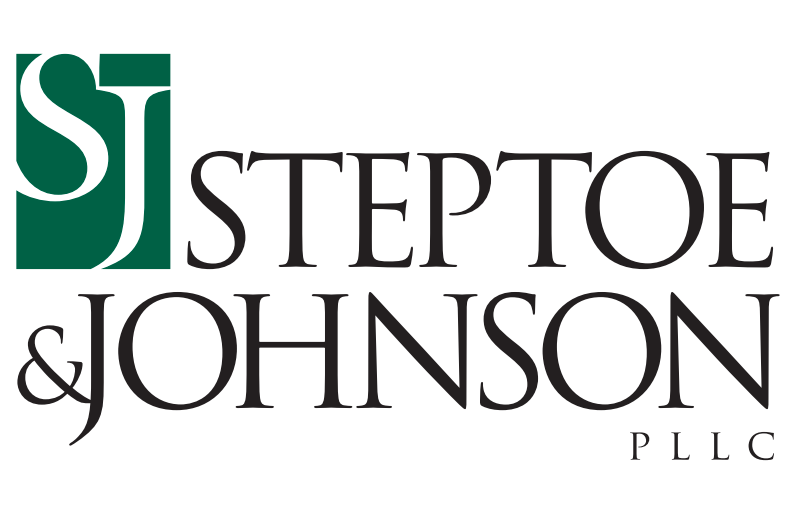Excellent Case Analysis
This means sexual harassment gets adjudicated faster
---------- Forwarded message ---------
From:
Steptoe & Johnson PLLC <news@steptoe-johnson.com>Date: Tue, Mar 8, 2022 at 10:08 AM
Subject: The 'Ending Forced Arbitration Act' Now Allows Sexual Harassment Claimants to Avoid Arbitration and File Suit
To: <
mcandrse@wvstateu.edu>
THE ESSENTIALS: The 'Ending Forced Arbitration Act' Now Allows Sexual Harassment Claimants to Avoid Arbitration and File Suit | | BUSINESS ESSENTIALS: KNOW-HOW | | THE DETAILS: In the last month, the U.S. House of Representatives and U.S. Senate have approved the Ending Forced Arbitration of Sexual Assault and Sexual Harassment Act (Ending Forced Arbitration Act), which was signed into law by President Joe Biden on March 3, 2022 and became effective immediately. The Ending Forced Arbitration Act amends the Federal Arbitration Act (FAA) by allowing employees who were previously subject to mandatory arbitration agreements to pursue their claims of sexual assault or harassment in court.
The U.S. Equal Employment Opportunity Commission (EEOC) and other public interest groups have fought to exclude the application of arbitration clauses to sexual assault and harassment cases for many years, arguing it increased both litigation costs and the trauma to these sexual harassment claimants. Additionally, these groups argued that forced arbitration allows companies to hide cases of sexual harassment behind closed doors, which often allows the harassment to repeat, pointing to the #MeToo movement for support.
While not all employment arbitration provisions are the same, most clauses provide that all claims, including sexual assault and harassment, must be sent to arbitration. In recent years, some prominent employers discontinued forcing sexual harassment claims into arbitration on their own accord. Several states also adopted laws restricting an employers' ability to force mandatory arbitration of sexual harassment claims. Before passage of the Ending Forced Arbitration Act, many employees only had two options for pursuing a claim—proceed to arbitration and/or file a charge with the EEOC.
In providing context to the impact this could make—in 2020 alone, the EEOC received more than 6,500 sexual harassment charges. Now, with the passage of the Ending Forced Arbitration Act, potentially thousands of employees may file their sexual harassment claims in civil court instead of being forced into arbitration.
Employers with employment arbitration provisions that include a requirement to arbitrate sexual harassment and/or sexual assault claims should revisit and amend their arbitration agreements to comply with the Ending Forced Arbitration Act, which was effective as of March 3, 2022. | | | | Bonnie J. Thomas ASSOCIATE
Bonnie Thomas focuses her practice in the areas of labor and employment law and general civil litigation. In her practice, she counsels clients on compliance with federal and state employment laws and advocates on their behalf in disputes arising under them.
Phone: (304) 933-8165 | | | | Anna Pugh ASSOCIATE
Anna Pugh focuses her practice in the areas of labor & employment law. She helps her clients through complex litigation. With her unique experience under her belt, Anna is prepared to help her clients in English or Russian.
Phone: (304) 933-8190 | | | | Marcia L. DePaula MEMBER
Marcia DePaula focuses her practice in the areas of labor and employment law and higher education. Marcia's practice is a unique blend of litigation prevention and avoidance and litigation defense.
Phone: (724) 749-3122 | | Copyright © 2021 Steptoe & Johnson PLLC. All Rights Reserved. | | | | | | |
|
 |   | | Steptoe & Johnson PLLC | 400 White Oaks Boulevard, Bridgeport, WV 26330 | | | | | | |









No comments:
Post a Comment
I need to approve